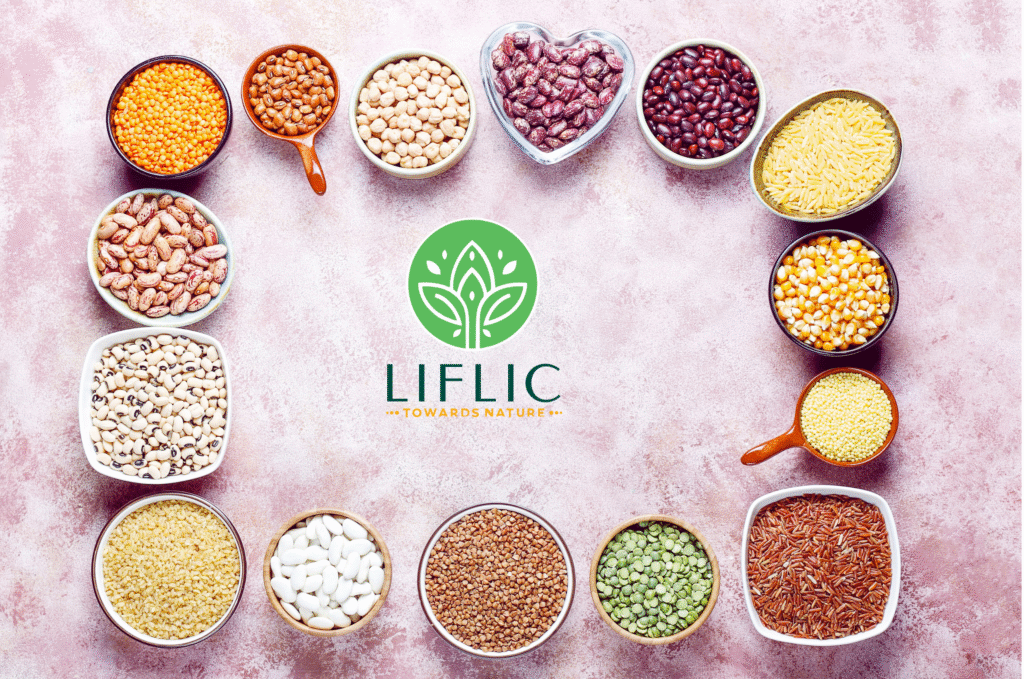
Millets are a group of small-seeded grasses that have been cultivated for thousands of years in Asia. These ancient grains are naturally gluten-free, rich in fiber, protein, vitamins, and minerals, and are considered one of the healthiest grains available today.
Unlike refined grains like rice or wheat, millets are whole grains, meaning they retain their bran, germ, and endosperm offering complete nutrition.
There are several varieties of millets, each with its unique nutritional profile and benefits:
|
Millets are more than just grains they’re a powerhouse of essential nutrients that promote overall wellness. Here’s how millets benefit your health:
Millets are rich in dietary fiber, which helps you feel full longer and prevents overeating. Including millets like ragi and foxtail millet in your diet can aid natural weight loss by improving metabolism.
For diabetics, millets are an excellent substitute for rice and refined grains. Their low glycemic index helps regulate blood sugar levels and improve insulin sensitivity.
The magnesium, potassium, and fiber content in millets help reduce bad cholesterol (LDL) and maintain a healthy heart. Regular millet consumption can lower the risk of cardiovascular diseases.
Millets are packed with antioxidants, vitamin B complex, and essential minerals that strengthen the immune system and protect the body from infections.
The high fiber content in millets promotes smooth bowel movement and prevents constipation, bloating, and acidity. They act as a natural detoxifier for your digestive system.
Ragi (finger millet) is one of the richest plant-based sources of calcium, making it great for bone health, especially in children and older adults.
The amino acids and antioxidants in millets help maintain glowing skin and strong hair by improving blood circulation and repairing tissues.
Millets require minimal water and pesticides to grow, making them a climate-resilient crop that supports sustainable agriculture and food security.
Millets can easily replace traditional grains in your daily meals. Here are some tasty and healthy ways to enjoy them:
Tip: Soak millets for a few hours before cooking to enhance nutrient absorption and improve digestibility.
|
Switching to millets even 3–4 times a week can bring noticeable changes to your health, energy, and metabolism.
The importance of millets goes beyond nutrition they play a key role in preventive healthcare. Including millets in your regular diet helps in:
With growing awareness about holistic health and sustainable living, millets are truly the future of healthy eating.
Millets are whole grains made from small-seeded grasses that contain carbohydrates, proteins, fiber, and essential minerals.
Yes, all millets are naturally gluten-free, making them ideal for people with gluten intolerance or celiac disease.
Absolutely. Millets are high in fiber and low in calories, which help in controlling appetite and promoting weight loss.
Foxtail millet, little millet, and barnyard millet have a low glycemic index, making them best for diabetics.
You can consume millets 4–5 times a week as part of a balanced diet.
Yes, millets like ragi and bajra are rich in calcium and iron, promoting bone and brain development in kids.
Soak millets for 2–3 hours before cooking, then boil them in a 1:2.5 ratio of water to millet until soft.
Yes, millets like foxtail millet and barnyard millet can be perfect substitutes for rice in most dishes.
Yes, their high fiber and magnesium content help reduce bad cholesterol and support cardiovascular health.
You can rotate between ragi, bajra, foxtail, and little millet to enjoy diverse nutrients and Flavors.
Millets are not just an ancient grain they are the grain of the future. Rich in nutrients, eco-friendly, and versatile, millets can transform your daily diet into a powerhouse of health. Whether you want to manage weight, control diabetes, or simply eat cleaner, adding millets is one of the smartest choices you can make for long-term wellness.
Start small replace rice or wheat with millets a few times a week, and experience the difference in your energy, digestion, and overall vitality.
Copyright © 2025 Magar Natural Food | All Rights Reserved